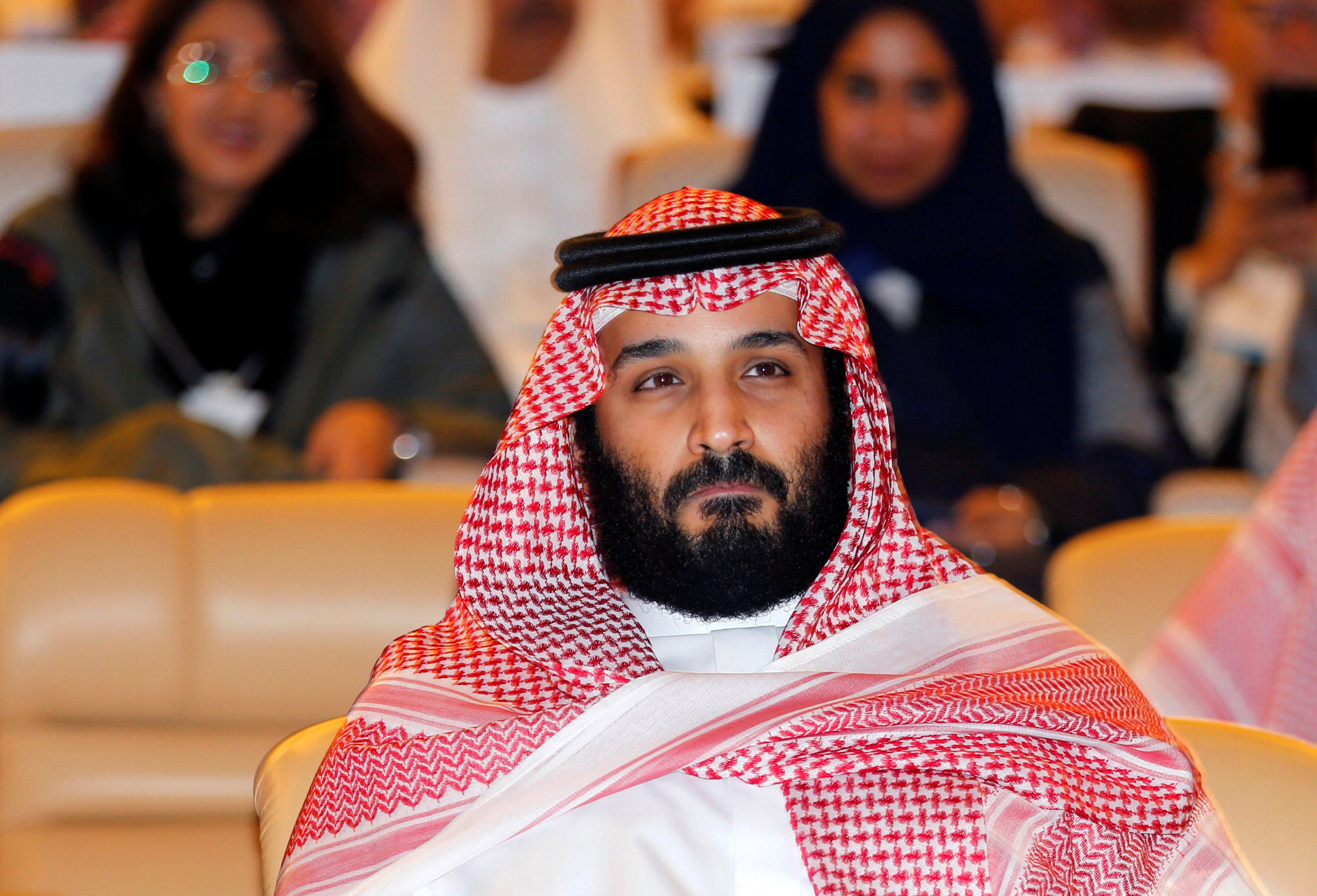Amid growing evidence that Saudi Crown Prince Mohamed bin Salman (known to some in the West as “MBS”) was involved in the (evidently gruesome) murder of dissident journalist Jamal Khashoggi, there has been a lot of soul searching in Western media and business circles about why people “got MBS wrong.”
The main line of reasoning goes like this: he was a young reformer who seemed ready to modernize Saudi’s deeply conservative society and diversify its oil-dependent economy, but then he turned out to be an autocrat with a brutal streak and . . . suddenly people are shocked!
But this thinking conflates two things: social liberalization (i.e., the transformative steps of allowingwomen to drive, curbing the religious police, or permitting cinemas in the kingdom again) and political liberalization (i.e., political accountability, respect for due process, and protection of human rights).
In an ideal world, those things might go together, but in the real world they don’t have to. In fact, in a situation where internal opposition to Prince Mohammed’s plans was so strong – coming both from jilted rivals in the royal family and the conservative clerics alike – his backers saw his autocratic inclinations as a feature, rather than a bug, of his controversial bid to remake Saudi society. He was viewed as an authoritarian modernizer (think Lee Kwan Yew or Kemal Ataturk or even Xi Jinping) rather than a democratic reformer. Václav Havel he most certainly is not.
The particularly egregious, sadistic, and high-profile killing of Khashoggi has tarnished the crown prince’s image abroad in a way that neither his shakedown of wealthy Saudi rivals, nor his jailing of women’s right’s activists, nor the casualties of his military campaign in Yemen had done before. But that’s not because he’s an autocrat per se – it’s because of a colder calculation among his backers that the liabilities of his judgment, impulses, and apparent brutality suddenly loom larger than the promises of his social reforms.
